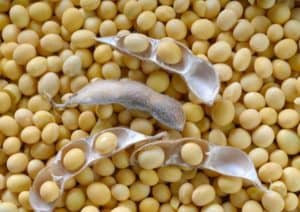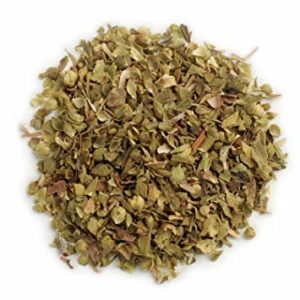Maltodextrin, what do you know about it? If you are like me you probably never heard of it, until someone pointed it out to you. Nor did you know that it is contained in many foods you probably already eat such as:
- Pasta
- Rice
- Cooked Cereals
- Soups
- Salad Dressing
- Energy / Sports Drinks
- Supplements
 I first became aware of it when I started doing research on the other ingredients that were being added to some of the supplements I’ve been taking. We’ve all heard that saying “if you can’t pronounce it you probably should not be consuming it” Well I was never fan of that saying, I can pronounce sugar, and I know redefine sugar isn’t good for you, so could the opposite be said about ingredients I can’t pronounce too?
I first became aware of it when I started doing research on the other ingredients that were being added to some of the supplements I’ve been taking. We’ve all heard that saying “if you can’t pronounce it you probably should not be consuming it” Well I was never fan of that saying, I can pronounce sugar, and I know redefine sugar isn’t good for you, so could the opposite be said about ingredients I can’t pronounce too? So What is Maltodextrin?
Maltodextrin is a white powder that dissolves in water, does not have much taste, and is used in supplements to improve the texture, flavor and shelf life. Typically this powder comes from starchy food. Like corn, wheat, rice or potatoes, and is natural. However like all food it does undergo processing.
If you think your food isn’t processed think again. For instance take a chicken. If you were served a chicken that was not processed, you would be eating a living chicken. What process food means, is the steps taken to get the food to you. So an example for carrots, once you pull the carrot out of the ground that is step 1 in a process food to serving it. So don’t think your food is not processed. I’m assuming when someone tells you not to eat processed food is to eat minimally processed food.
Risks
Now that sounds bad, and yes it can be if you don’t consume it properly. For instance maltodextrin is high on the glycemic index (GL), meaning it processes into your body faster than other ingredients or foods, white rice is another item that is high on the glycemic index for a reference point. So you can be hungry quicker if your meal is high on the GL index.
Being high on the GL index it can spike your blood sugar levels, so if you have diabetes that can be alarming. But when it comes to supplements, typically it is in small dosages and should not affect you, negativity.
Gut Health – studies (not with humans) have shown that maltodextrin has an effect on the gut health of the test subjects. No proof or evidence has shown the same results in humans.
Key Benefits
Now if you are consuming maltodextrin in your supplements and thinking you will receive these key benefits odds are there isn’t enough maltodextrin to do so.
Colorectal Cancer – a study showed that the fermentation inside your intestines could help prevent colorectal cancer.
Chronic Hypoglycemia – As mentioned earlier maltodextrin can raise your blood sugar levels, so if you take maltodextrin in regular treatments it can help you maintain proper blood sugar levels.
Improves texture, taste and shelf life of foods.
Conclusion
As I’ve said in other posts anything can be bad for you if you over consume it. While if you are worried about it being in your favorite supplement I would not be. The FDA says it is safe, and the amount used in most supplements in minimal so it should not raise your Glycemic Levels, causing your blood sugar levels to be effected.
There is also no scientific proof showing this to be harmful, just opinions. Have any questions? What are your thoughts about maltodextrin? Please contact me or start a discussion below. I’m sure others are thinking the same as you, but are waiting on YOU to start the discussion.







